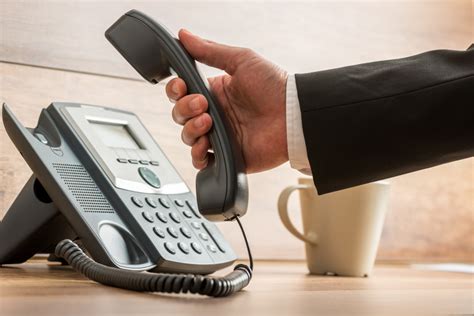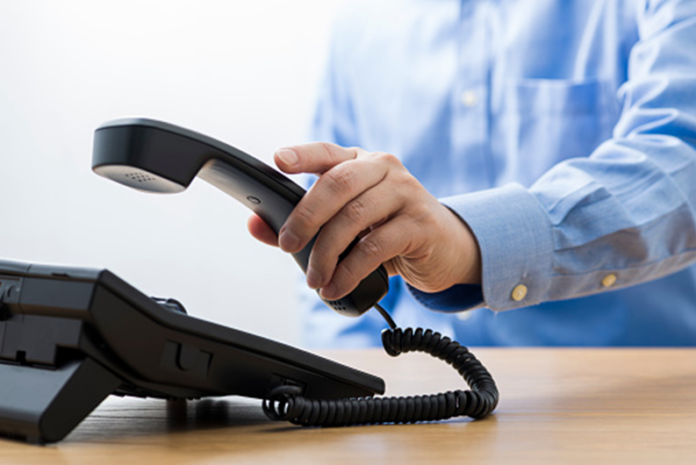Prank calls, often dismissed as childish antics, carry a surprisingly deep connection to the human experience. At their core, they blend humor, surprise, and the unexpected, creating moments that can be both light-hearted and revealing. In this article, we explore the spiritual dimensions of prank calling, uncovering how these seemingly trivial acts can serve as a conduit for humor, connection, and even self-reflection. By examining the history and evolution of prank calls, as well as their emotional and psychological impact, we will delve into the delicate balance between fun and respect. Join us on this journey to understand how prank calls, when approached mindfully, can transcend mere mischief and become a unique form of spiritual exploration.
iigoi.com will explore this topic comprehensively.
1. Introduction: Setting the Scene
Prank calls have long been a part of popular culture, a mischievous activity that often evokes laughter, surprise, or even frustration. But beyond the immediate reactions, there lies a deeper narrative worth exploring. The act of picking up the phone and hearing an unexpected voice, sometimes with a humorous or absurd message, taps into the unpredictable nature of human interaction. This unpredictability, while often trivialized, reflects broader themes of spontaneity, creativity, and the desire to connect—even if momentarily—with another person.
In this article, we aim to peel back the layers of what might initially seem like mere youthful antics, revealing how prank calls can offer more than just a fleeting chuckle. By setting the scene, we will journey through the history, humor, and spiritual dimensions of prank calling, exploring how these moments of surprise can challenge our perceptions, foster connections, and even invite us to reflect on the nature of playfulness and human interaction.

2. The Concept of Prank Calling: Definition and History
Prank calling, a practice that has amused and annoyed in equal measure, involves making phone calls with the intention of tricking or surprising the recipient. The caller often disguises their voice, assumes a fictional persona, or delivers an unexpected message to provoke a reaction. While the act is commonly associated with harmless fun, it can sometimes toe the line between humor and harassment, depending on the intent and execution.
The history of prank calling dates back to the early days of telephony. As soon as people had the ability to make anonymous calls, pranksters saw an opportunity to exploit the new technology for comedic effect. In the mid-20th century, prank calls became a staple of popular culture, especially with the rise of radio shows that featured on-air prank calls as a form of entertainment. These broadcasts further popularized the concept, turning it into a shared cultural experience.
However, the advent of caller ID and stricter regulations around telephone misuse have shifted the nature of prank calling in recent years. Despite these changes, prank calls remain a part of the social fabric, reflecting the human desire to surprise, entertain, and sometimes challenge social norms. As we explore further, it becomes clear that prank calling is more than just a joke—it’s a reflection of cultural and technological evolution.

3. The Role of Humor in Prank Calls
Humor is the driving force behind most prank calls, turning an otherwise mundane phone conversation into an unexpected and often amusing encounter. The essence of a prank call lies in its ability to catch the recipient off guard, creating a moment of surprise that can lead to laughter or bewilderment. This element of unpredictability is key to the humor, as it plays on the natural human tendency to react to the unexpected.
Prank calls often rely on absurdity or exaggeration, pushing the boundaries of what is considered normal in a conversation. By introducing an unexpected twist, the caller taps into a shared understanding of what is funny, creating a bond, albeit temporary, between the caller and the recipient. However, the humor in prank calls can be a double-edged sword. While it can bring joy and amusement, it can also cross into discomfort or offense if the line between playful jest and hurtful trickery is blurred.
Understanding the role of humor in prank calls helps us see them not just as silly antics, but as a unique form of social interaction where the dynamics of surprise

4. Spiritual Perspectives on Humor and Playfulness
From a spiritual perspective, humor and playfulness are often viewed as essential elements of the human experience, offering opportunities for growth, connection, and self-discovery. Many spiritual traditions emphasize the importance of light-heartedness and the ability to find joy in the simple moments of life. Humor, in particular, is seen as a way to transcend the ego, break down barriers, and foster a sense of unity and shared experience.
In the context of prank calls, this playfulness can serve as a reminder of the importance of not taking life too seriously. The surprise and spontaneity inherent in a well-executed prank call can awaken a sense of wonder and remind us of the unpredictability of life. When approached with kindness and respect, these moments of humor can help us reconnect with our inner child, embrace the unexpected, and see the world through a more joyful lens.
Moreover, the ability to laugh at oneself and to find humor in everyday situations is often considered a sign of spiritual maturity. It reflects an understanding that life, with all its challenges and uncertainties, is also a source of joy and connection.
5. Case Study: A Memorable Prank Call Experience
One memorable prank call experience that illustrates the intersection of humor, playfulness, and human connection occurred in the mid-1990s, during the height of prank calling’s popularity. A young woman, known for her witty sense of humor, decided to prank call her best friend, posing as a representative from a fictitious radio station. She informed her friend that she had won an extravagant prize—a trip to a tropical island—on the condition that she answered a series of increasingly absurd and humorous questions.
The prank was light-hearted, and both the caller and the recipient found themselves laughing uncontrollably as the questions became more outlandish. The friend quickly caught on to the joke, but rather than ending the call, she played along, adding her own humorous twists to the conversation. The shared laughter and the ability to create a moment of pure joy out of something unexpected left both individuals feeling more connected than before.
This experience highlights how prank calls, when done with affection and respect, can strengthen relationships and create lasting memories. It also underscores the role of humor as a bridge between people, allowing them to share in a moment of genuine happiness and connection.
iigoi.com
